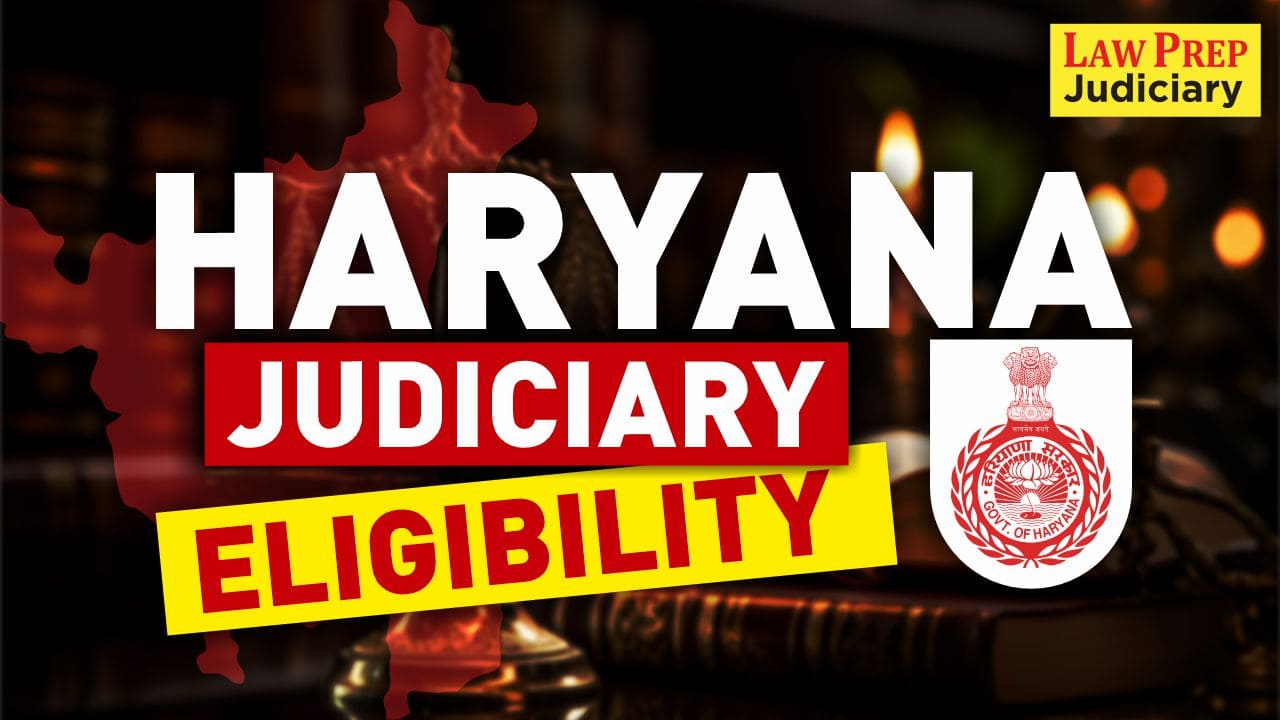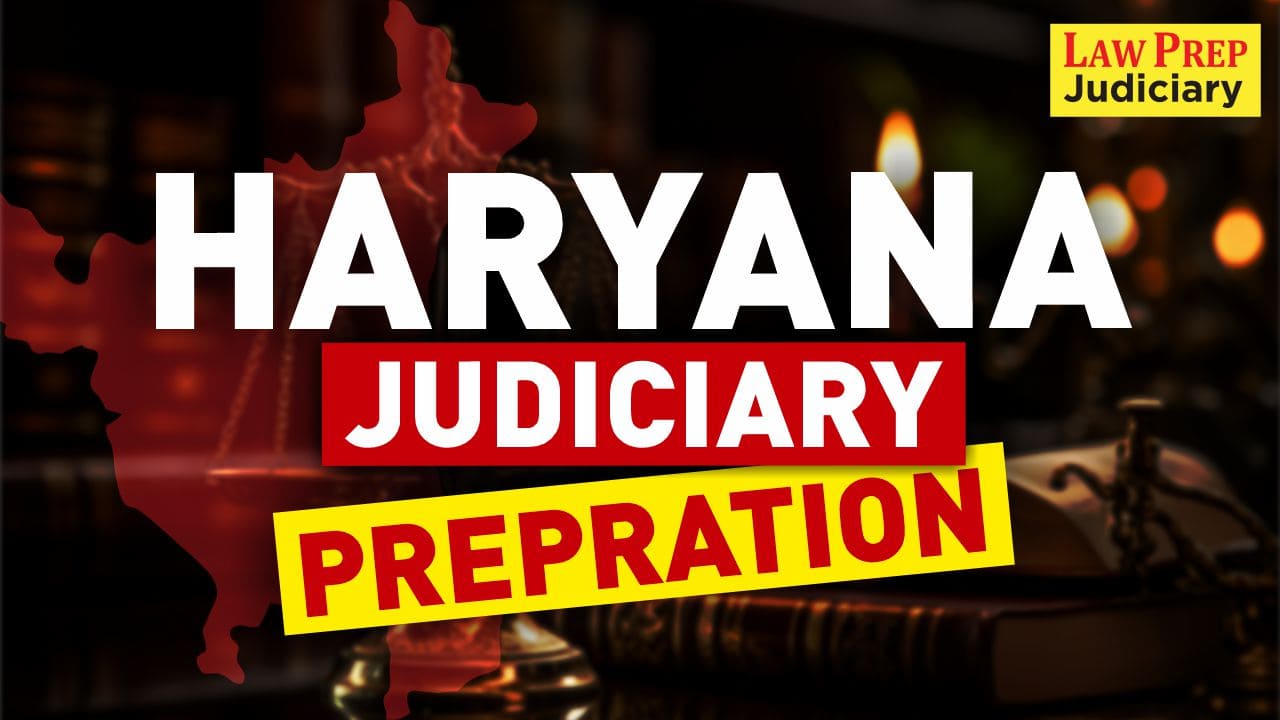Every contract begins with a promise, but not every promise becomes a contract. The difference lies in the offer in law of contract, which acts as the starting point of any legal agreement.
It is the moment when one party shows a clear intention to enter into a lawful relationship with another. Without this first step, there can be no acceptance, no consideration, and ultimately, no valid contract.
For law aspirants, understanding this concept is crucial because the definition of offer in law forms the foundation of the Indian Contract Act and appears frequently in exams and case studies.
Meaning of Offer in Law of Contract
An offer in law of contract is when one person expresses a clear willingness to enter into a lawful agreement with another. It shows that the person is ready to do something or not do something, expecting the other’s consent in return.
This expression of willingness isn’t just a casual statement. It carries an intention to create a legal relationship and seek acceptance.
It is the very first step in forming a valid contract, because without an offer, there can be no acceptance, and without acceptance, no binding agreement can exist.
According to Section 2(a) of the Indian Contract Act, 1872:
“When one person signifies to another his willingness to do or abstain from doing anything, with a view to obtaining the assent of that other to such act or abstinence, he is said to make a proposal.”
Example: Suppose A says to B, “I am willing to sell my bike for ₹30,000.” Here, A is making an offer, and if B agrees, it becomes a valid agreement.

Essentials of a Valid Offer in Law
1. Intention to Create Legal Relationship
An offer must show a genuine intention to create a legal obligation. It should not be made casually or in jest. The person making the legal offer must clearly intend that the other party’s acceptance will lead to legal consequences.
Examples:
- A promises to sell his car to B for ₹5 lakh – valid offer.
- Saying “I’ll sell you my car if I feel like it” – not a valid offer.
2. Definite and Certain Terms
The terms of an offer in law must be specific and unambiguous. If the offer is vague or unclear, it cannot be enforced because both parties should know exactly what is being agreed upon.
Examples:
- “I’ll sell my house for ₹50 lakh” – valid.
- “I’ll sell my house at a reasonable price” – invalid (uncertain).
3. Communication to the Offeree
An offer in law is not valid unless it has been communicated to the person it is made to. The other party must be aware of the offer before they can accept it; one cannot accept an offer they don’t know exists.
Examples:
- A reward offer in a newspaper is valid only if the person knew about it before performing the act.
- In Lalman Shukla v. Gauri Dutt, the servant couldn’t claim a reward as he was unaware of the offer.
4. Offer Must Be Made With a View to Obtain Assent
A valid offer is made with the intention of getting consent from the other party. If it’s just a statement or wish, and not meant to get approval or acceptance, it doesn’t qualify as an offer.
Examples:
- “Would you like to buy my car for ₹2 lakh?” – an invitation to offer.
- “I am ready to sell my car to you for ₹2 lakh” – a valid offer.
5. Offer Must Not Impose Legal Obligation Without Consent
An offer cannot bind another person without their acceptance. The law requires free consent, so an offer that imposes obligation without the other’s agreement is invalid.
Examples:
- A sends goods to B without B’s request and asks for payment – not a valid offer.
- A offers to sell goods; B accepts – a valid, binding contract.
6. Offer Must Be Capable of Acceptance
The terms of the offer in law should be such that they can be accepted easily without further clarification. If an offer is vague or conditional beyond understanding, it cannot be accepted and is therefore invalid.
Examples:
- “I will sell you my shop for ₹10 lakh” – valid and capable of acceptance.
- “I will sell my shop if the market improves” – uncertain, hence invalid.
7. Offer Must Not Be Vague or Conditional
An offer that depends on uncertain future events or unclear conditions is not valid. Both parties should clearly understand what they are agreeing to, without confusion about the conditions involved.
Examples:
- “I’ll sell my land if I get a good buyer” – invalid (vague).
- “I’ll sell my land to you for ₹20 lakh” – valid offer.
8. Offer Can Be Express or Implied
An offer may be made in words (spoken or written) or by conduct. What matters is that the intention to contract is clearly conveyed, either explicitly or through actions.
Examples:
- Express: A writes to B offering to sell his laptop for ₹30,000.
- Implied: A bus company inviting passengers to board — implied offer.
Explore More Posts:
- Best Law Colleges in Rajasthan
- Types of Lawyers in India
- Best Law Colleges in India
- Qualities of Good Lawyers
Types of Offers in Law
The following are the different kinds of offers in law of contract:
| Type of Offer | Meaning | Example |
| 1. General Offer | Made to the public at large, and anyone who fulfills the conditions can accept it. | A company announces a ₹10,000 reward to anyone who finds and returns its lost documents. |
| 2. Specific Offer | Made to a particular person or group and can be accepted only by them. | A offers to sell his bike to B for ₹40,000 — only B can accept. |
| 3. Express Offer | Clearly stated in words, either spoken or written. | A writes to B, “I am willing to sell my car for ₹3 lakh.” |
| 4. Implied Offer | Not spoken or written, but inferred from actions or conduct. | A bus company inviting passengers to board implies an offer to transport them. |
| 5. Cross Offer | When two parties make identical offers to each other without knowledge of the other’s offer. | A offers to sell his bike to B for ₹30,000, and B simultaneously offers to buy the same bike for ₹30,000. |
| 6. Counter Offer | When the offeree modifies the original offer, it becomes a new offer, not an acceptance. | A offers to sell his car for ₹5 lakh; B replies, “I’ll buy it for ₹4.5 lakh.” |
| 7. Standing/Continuing Offer | An offer that remains open for acceptance over a period of time or for repeated transactions. | A supplier offers to provide goods at a fixed rate for six months to a company. |
Communication of Offer in Law of Contract
For an offer to be valid, it must be communicated to the person it is made to. Unless the other party knows about the offer, there can be no acceptance and hence no valid contract. Communication ensures that both sides are aware of the proposal and its terms before any agreement is formed.
According to Section 4 of the Indian Contract Act, 1872, the communication of an offer is complete when it comes to the knowledge of the person to whom it is made. This means the offeree must receive or know about the offer before they can accept it.
Examples:
A sends a letter to B offering to sell his house. The communication of offer is complete when B receives the letter.
A puts an advertisement in the newspaper offering a reward for a lost pet. The offer is communicated to anyone who reads it — those readers can accept it by fulfilling the condition.
Also Checkout:
Revocation of Offer
A valid offer in law of contract does not last forever. The person making it (the offeror) has the right to withdraw or cancel it before it is accepted. This process is known as revocation of offer. It prevents an offeror from being bound by an offer indefinitely and gives them control over when and how long the offer stays open.
Under Section 5 of the Indian Contract Act, 1872, an offer may be revoked at any time before the communication of its acceptance is complete as against the proposer. Once the offeree has accepted the offer and communicated that acceptance, the offer can no longer be revoked.
Common Ways an Offer Can Be Revoked:
- By notice of revocation: The offeror informs the offeree directly before acceptance.
- By lapse of time: If the offer is not accepted within the time mentioned or within a reasonable time.
- By failure to fulfill a condition precedent: If a required condition for acceptance is not met.
- By death or insanity: If the offeror dies or becomes insane before acceptance.
- By counter-offer: A new offer made by the offeree automatically cancels the original one.
- By rejection: If the offeree rejects the offer, it cannot later be accepted.
Examples:
A offers to sell his car to B on 1st June, but withdraws it on 3rd June before B accepts — valid revocation.
A offers to sell his house to B, and B sends an acceptance before A’s withdrawal reaches him — revocation is invalid, and the contract is binding.
Difference Between Offer and Invitation to Offer in Law
| Basis of Difference | Offer | Invitation to Offer |
| Meaning | An offer is a definite proposal made by one person to another to obtain consent for entering into a contract. | An invitation to offer is an act of inviting others to make offers; it is a preliminary step before an actual offer. |
| Purpose | It is made with the intention of getting consent and forming a legal relationship. | It is made to invite negotiations or to receive offers from others. |
| Legal Effect | It can result in a binding contract once accepted. | It cannot result in a contract directly; it becomes an offer only when someone responds to it. |
| Rights and Obligations | Creates legal obligations once accepted. | Creates no legal obligations by itself. |
| Communication | Communicated with the purpose of acceptance. | Communicated with the purpose of inviting offers or interest. |
| Examples | A says to B, “I will sell my bike to you for ₹50,000.” – This is an offer. | Display of goods in a shop with price tags, advertisements in newspapers, or auction notices – these are invitations to offer. |
Important Case Laws on Offer
1. Carlill v. Carbolic Smoke Ball Co. (1893)
Principle: A general offer made to the public can be accepted by anyone who performs the required condition.
Summary: The company promised £100 to anyone who used its smoke ball and still caught influenza. Mrs. Carlill used it, fell ill, and claimed the reward. The court held the offer valid and enforceable as she had accepted it through performance.
2. Lalman Shukla v. Gauri Dutt (1913)
Principle: An offer can be accepted only if the person knows about it.
Summary: A servant found his master’s lost nephew without knowing about a reward. Later, he demanded payment, but the court ruled against him, saying there was no acceptance without knowledge of the offer.
3. Harbhajan Lal v. Harcharan Lal (1925)
Principle: Performance of the conditions of a general offer amounts to acceptance.
Summary: A father offered ₹500 for anyone who found his missing son. When a person brought the boy home after seeing the notice, the court held the offer valid and binding.
4. Boulton v. Jones (1857)
Principle: An offer can only be accepted by the person to whom it is made.
Summary: Jones made an offer to a particular person, but another person accepted it. The court ruled no contract existed, as the offer was specific and not open to others.
5. Felthouse v. Bindley (1862)
Principle: Silence does not amount to acceptance of an offer.
Summary: An uncle wrote to his nephew saying if he didn’t reply, he would assume the horse was sold. The nephew remained silent. The court held there was no contract as silence cannot mean acceptance.
6. Hyde v. Wrench (1840)
Principle: A counter-offer terminates the original offer.
Summary: Wrench offered to sell land for £1,000. Hyde offered £950 instead. When Wrench refused and Hyde later accepted the original price, it was too late — the original offer had lapsed.
7. Harris v. Nickerson (1873)
Principle: An advertisement for an auction is merely an invitation to offer, not a legal offer.
Summary: The plaintiff attended an auction expecting to bid on goods that were later withdrawn. The court ruled there was no contract, as the advertisement was not an offer.
Read Law-Related Blogs:
Difference between Offer and Proposal under the Indian Contract Act:
| Basis of Difference | Offer | Proposal |
| Meaning | An offer is the expression of a person’s willingness to enter into a contract with another. | A proposal is a statement showing readiness to do or abstain from doing something to obtain another’s consent. |
| Statutory Reference | Commonly used term in practice but not legally defined separately. | Defined under Section 2(a) of the Indian Contract Act, 1872. |
| Legal Status | Offer is the practical term used to describe a proposal when made with legal intent. | Proposal is the formal term used in law; “offer” and “proposal” are often used interchangeably. |
| Usage | “Offer” is a more popular and general term in day-to-day legal and business communication. | “Proposal” is the term used in the Act and in legal drafting or statutory interpretation. |
| Example | A says to B, “I am ready to sell my bike for ₹40,000.” — Offer. | As per Section 2(a), this same statement is a “proposal” made by A to B. |
In essence:
Every proposal is an offer, and every offer is a proposal – both mean the same under contract law. The difference lies mainly in usage: “proposal” is the statutory term, while “offer” is the commonly used one in practice.
FAQs About Offer in Law of Contract
An offer is a proposal made by one person to another, expressing a clear willingness to enter into a legal agreement. It becomes binding only when accepted by the other party.
An offer (also called a proposal) is defined under Section 2(a) of the Indian Contract Act, 1872.
The main types are: general offer, specific offer, express offer, implied offer, cross offer, counter offer, and standing or continuing offer.
A specific offer is made to a particular person or group and can be accepted only by them.
The communication of an offer is complete when it comes to the knowledge of the person to whom it is made (Section 4, Contract Act).
Yes. Under Section 5 of the Indian Contract Act, an offer can be revoked any time before the communication of acceptance is complete as against the offeror.
A counter-offer occurs when the offeree changes the terms of the original offer. It automatically cancels the initial offer and creates a new one.
No. Silence does not imply acceptance unless the offeree’s conduct clearly indicates agreement.
Yes. A general offer made to the public can be accepted by anyone who performs the required act – as seen in Carlill v. Carbolic Smoke Ball Co.
An implied offer is not spoken or written but understood through actions or conduct – like a bus inviting passengers to board.
When two parties make identical offers to each other without knowing the other’s offer, it’s called a cross offer. No contract arises from it.
A standing offer remains open for acceptance over a period of time and can be accepted repeatedly, such as a supply contract for several months.
If an offer is not accepted within the time stated or within a reasonable period, it lapses automatically.
If the offeror dies before acceptance and the offeree knows of it, the offer ends automatically.
Read More:










